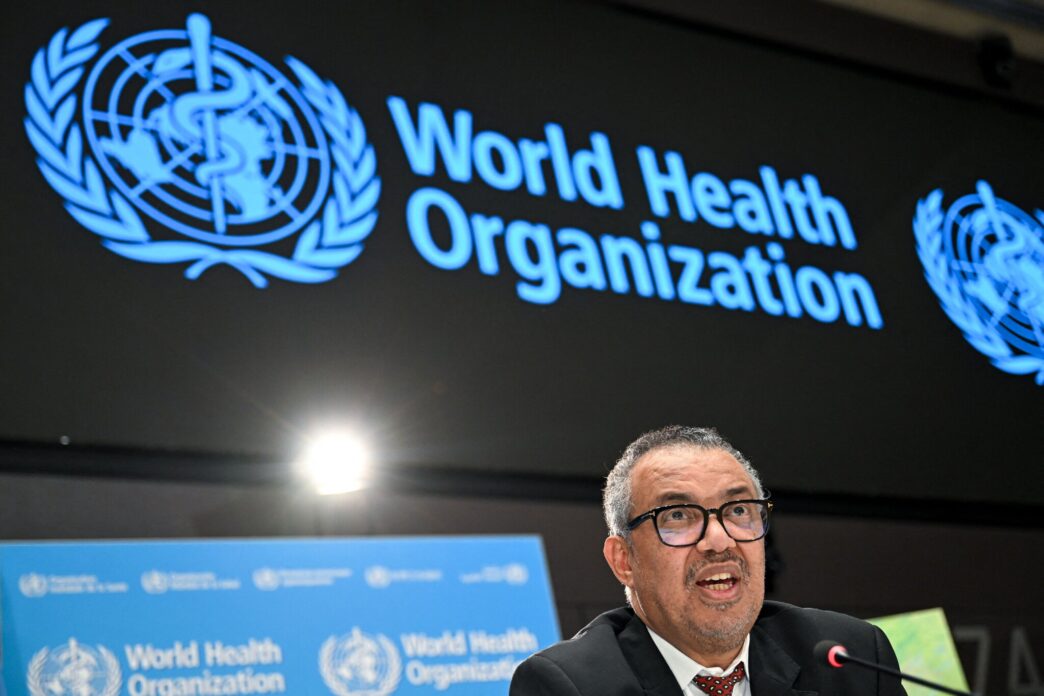The conversation around mental health is louder than ever but there’s a quieter crisis hiding in plain sight: access to the medications people rely on to survive.
The World Health Organization’s updated guidance on mental health policy makes one thing clear in Policy Area 5: psychotropic medicines, including antidepressants, antipsychotics, and mood stabilizers are still out of reach for far too many.
And it’s not just about supply. It’s about power, politics, stigma, and systemic neglect.
It’s not only a pharmaceutical problem but It’s a human rights issue.
Why Psychotropic Medicines Matter (And Why Access is Unequal)
Psychotropic medications are often essential to treating moderate and severe mental health conditions.
From managing schizophrenia and bipolar disorder to stabilizing depression and anxiety, these medications help people live functional, dignified lives.
But WHO highlights a painful truth: access is wildly inconsistent.
In many low- and middle-income countries, these medications are either:
- Unavailable in public healthcare systems
- Unaffordable for the average person
- Unauthorized due to outdated legal or regulatory frameworks
Meanwhile, even in high-income countries, marginalized groups, including immigrants, incarcerated individuals, and those without insurance often face impossible barriers.
The Tension: Overuse in Some Places, No Access in Others
This is where things get messy.
While some communities fight for access, others are overprescribed especially when therapy or community-based care isn’t available.
WHO points to a troubling pattern: in some countries, medication is the first (and sometimes only) option given, especially for vulnerable groups like children or those in institutional care.
This isn’t health equity. It’s systemic imbalance. And it puts lives at risk on both ends of the spectrum.
What the WHO Says Must Change
WHO’s policy guidance lays out a framework for reform and it’s bold.
Here’s what they recommend governments and health systems prioritize:
- Create a national list of essential psychotropic medicines
These lists must be updated, evidence-based, and culturally relevant. - Ensure these medications are available in primary care
No one should need to travel to a capital city or private clinic to receive treatment. - Provide training for general health workers
Not just psychiatrists, primary care providers must be trained to safely prescribe and monitor these meds. - Break down legal and regulatory barriers
Many countries still block access due to outdated laws or religious stigma. - Monitor use and prevent overmedication
It’s not just about more access. It’s about responsible access.
What This Means for the U.S. and Global Advocates
Even in the U.S., disparities in access persist. Rural communities face medication shortages. Medicaid patients experience long waits.
And many prescribers are overwhelmed, with little support for personalized care.
For mental health advocates, therapists, and physicians, this is the frontline:
- Fighting for better formularies.
- Supporting community-based medication education.
- Advocating for policy change at local, state, and national levels.
We can’t talk about mental health equity without talking about access to medication that makes mental stability possible.
The WHO’s Policy Area 5 doesn’t just ask for technical fixes. It demands ethical accountability from global health systems.























